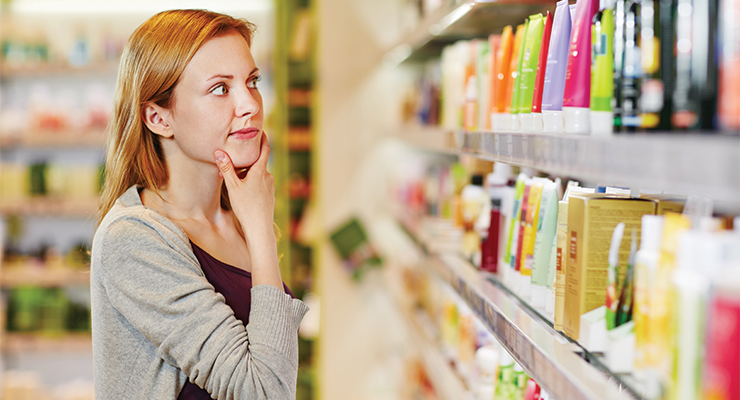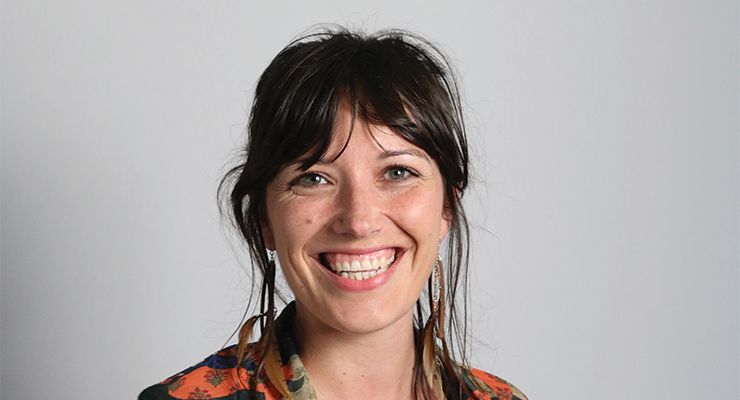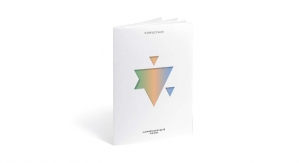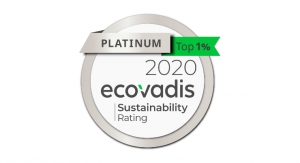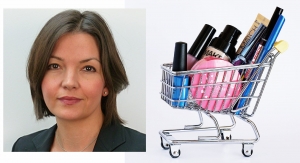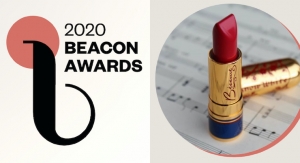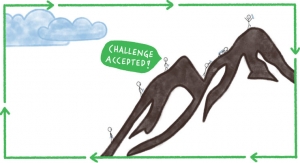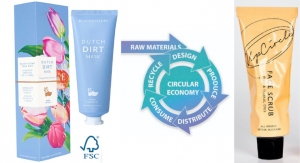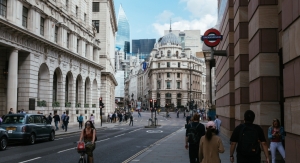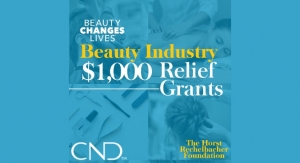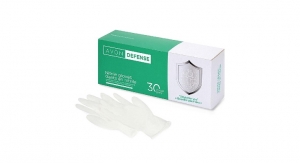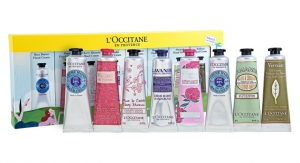Maria Coronado Robles, Senior Consultant—Sustainability, at Euromonitor International07.24.20
Coronavirus (Covid-19) has transformed the economic and consumer landscape. It has changed the way consumers live, work and shop. Uncertainty remains high, but what is clear is that economies will not emerge unscathed. The daily routines and lifestyles of consumers will shift to accommodate continued social distancing while treatment and vaccine options are developed, and potentially into a new normal as fears of a pandemic or other destructive event remains palpable.
The adverse economic landscape might push some businesses to overlook long-term sustainability goals, as consumers seek affordability. With sustainability often coming at a higher price, businesses need to unlock the power of creativity to come up with sustainable products and services that are also affordable.
From Sustainability to Purpose
The idea of sustainability has evolved beyond an inclusion of ethical credentials and environmental concerns such as plastic pollution and climate change, towards “purpose over profit,” which is a more holistic approach aiming to create social, environmental and economic value.
Prior to the Covid-19 outbreak, the “profit-driven” approach to doing business was gaining traction in the boardroom. In 2019, 35% of surveyed professionals reported that the CEO was leading their company’s sustainability initiatives (Euromonitor Voice of the Industry: Sustainability survey).
Covid-19 has brought a new consciousness that goes far beyond merely compensating for a company’s negative impact on people and the planet. Businesses are making a positive impact, putting mission first, helping countries to close existing gaps in acquiring essential supplies while also supporting employees, suppliers and local communities.
Purposeful leadership is more essential than ever, with companies expected to lead with transparency and empathy, aligning their actions with their promises. Business as usual can be disrupted for the good, with the Covid-19 pandemic putting to the test businesses’ purpose-driven promises.
Values, Environmental Concerns & Innovation
NEW VALUES: Consumers emerging from isolation and lockdowns are reassessing the things they value most, turning their back on excess consumerism and demanding more from the companies they buy from and work for. The pandemic is expected to disrupt brand loyalty, with consumers valuing more brands that put people before profits during and beyond the outbreak.
ENVIRONMENTAL CONCERNS: With entire countries shutting down overnight, many cities are reporting blue skies, lower pollution and improved water quality. Although environmental concerns are temporarily deprioritized to focus on the immediate health emergency, as the virus is contained, consumers will start to re-balance health and environmental concerns.
DIGITALIZATION: Covid-19 is a catalyst for a stronger move toward digitalization. As we enter the recovery stage and beyond, the use of digital technologies and automation will become more important, as a tool to deliver supply chain transparency and security along with corporate accountability.
AGILE INNOVATION: The outbreak highlights the importance of businesses being agile, flexible and innovative to meet consumer dynamic demands. The outbreak has accelerated innovation with cleaner technologies and products, services and business models expected to shape a sustainable post-Covid-19 world.

